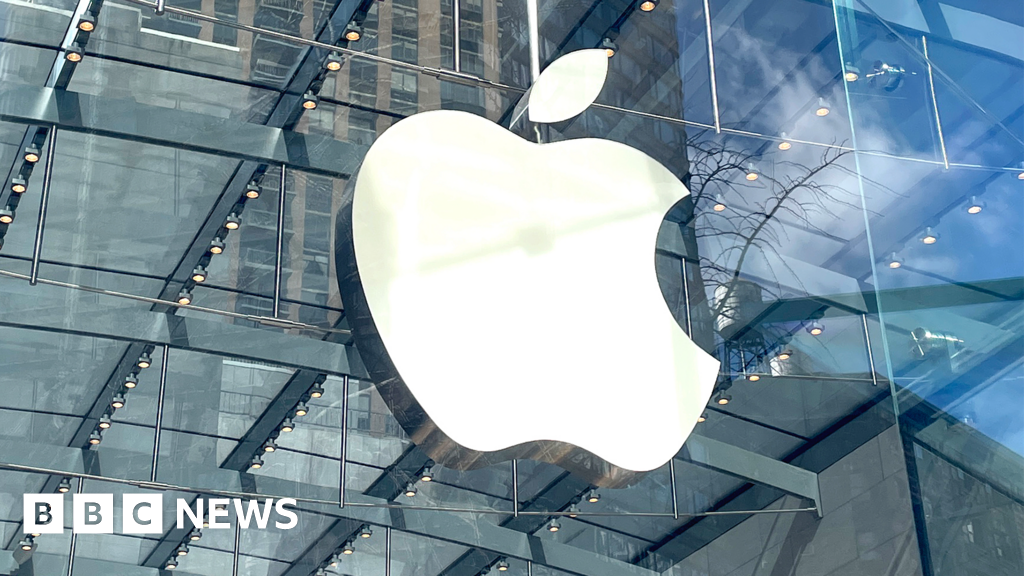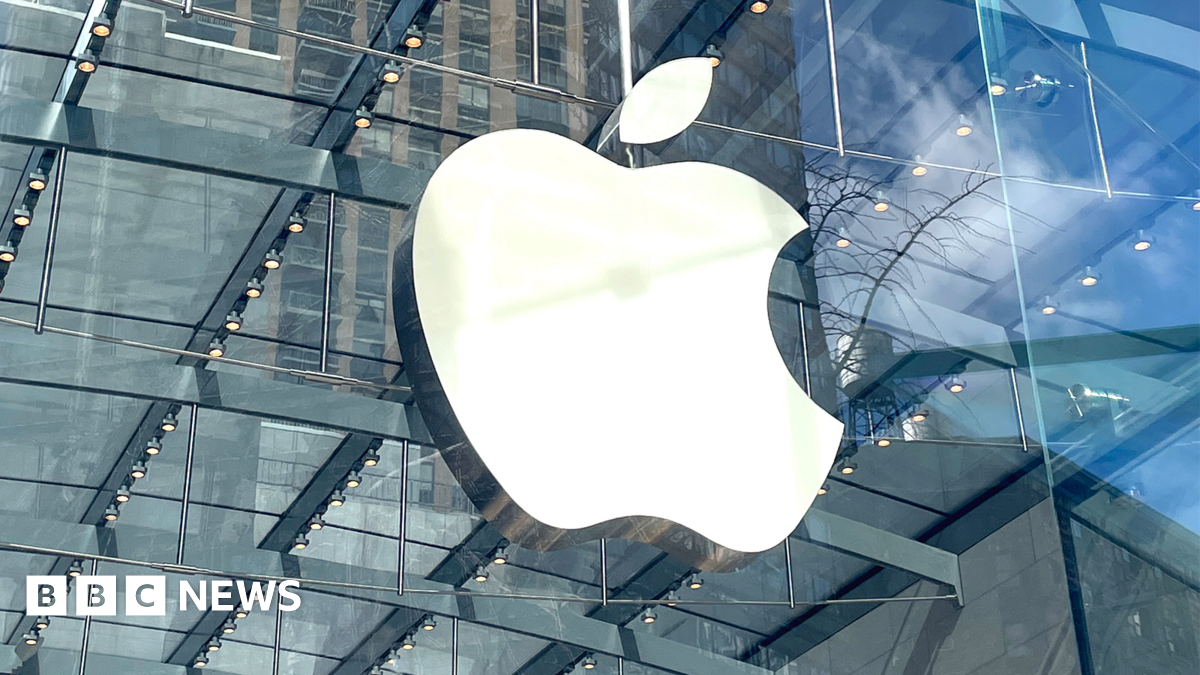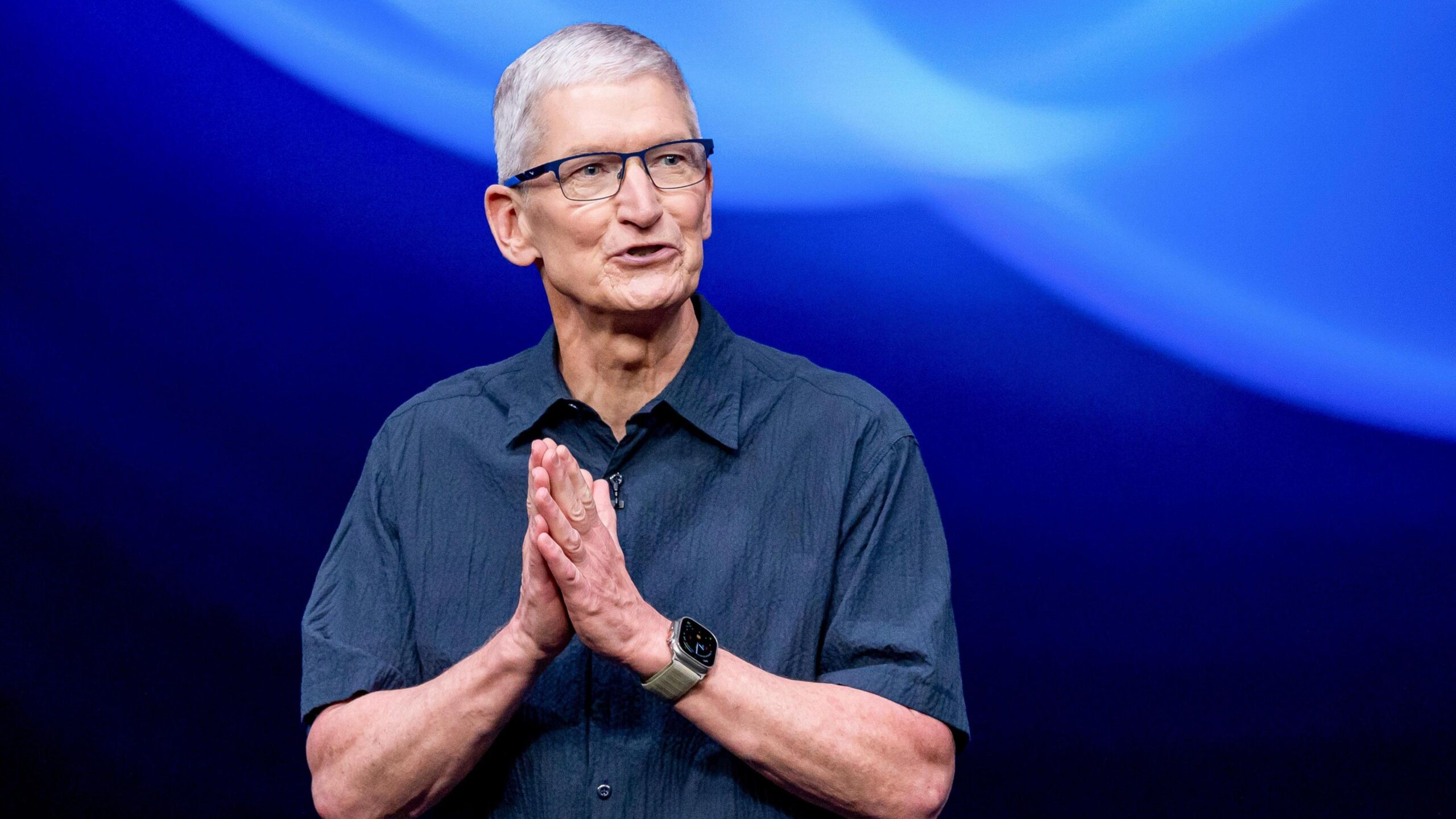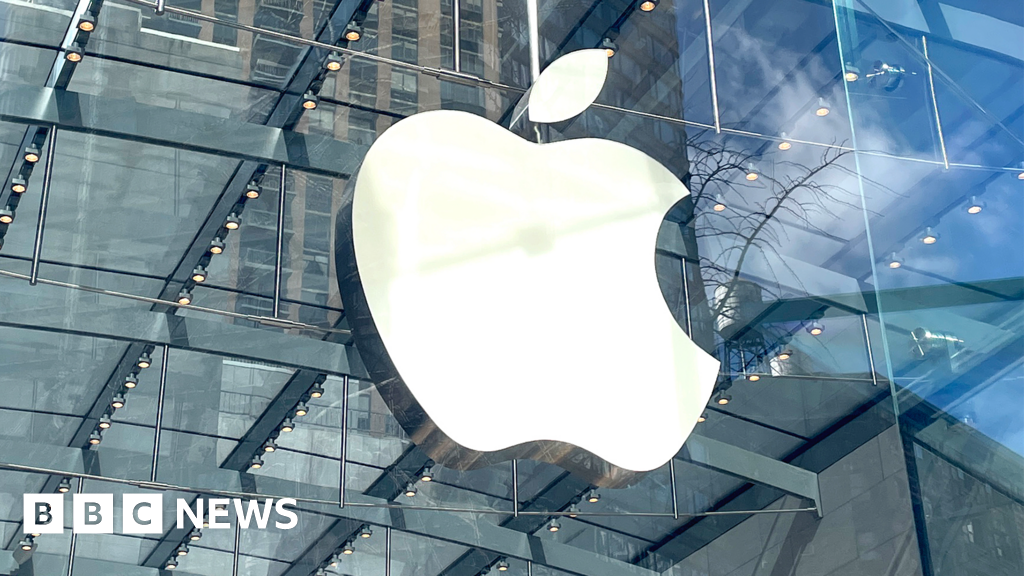## Your iPhone Knows Your Secrets…and Now the UK Government Wants In Remember that “locked down” feeling when you first set up your iPhone? The sense that your messages, photos, and private conversations were safe from prying eyes? Well, that sense of security might be about to get shaken. The UK government is waging a high-stakes battle for access to your encrypted Apple data, and it’s raising serious questions about privacy vs. security in the digital age. Buckle up, Gizmoheads, because this one’s a doozy.
Government Demands and the Investigatory Powers Act
Understanding the Demand

The UK government has made a significant move in its pursuit of access to encrypted user data. Gizmoposts24 has learned that the Home Office has issued a notice under the Investigatory Powers Act (IPA) demanding access to encrypted data stored by Apple users worldwide in its iCloud service. This demand targets data protected by Apple’s “Advanced Data Protection” (ADP) feature, which utilizes end-to-end encryption, rendering it inaccessible even to Apple itself.
Essentially, the government is seeking a legal avenue to circumvent the robust encryption measures employed by Apple, potentially raising serious concerns about privacy and security.

Investigatory Powers Act (IPA) Explained
The Investigatory Powers Act (IPA), passed in 2016, grants UK law enforcement agencies broad powers to access electronic communications and data. This includes the ability to compel tech companies to provide information they hold, even if it is encrypted. The IPA has been a subject of debate, with critics arguing that it undermines privacy rights and could be misused.

Consequences of Non-Compliance
While the specific consequences of Apple’s non-compliance with the demand remain unclear, the IPA carries significant penalties for tech companies that fail to cooperate with requests from law enforcement. These penalties can include hefty fines and even potential criminal charges against company executives.
Given the potential ramifications, Apple’s response to this demand will be closely watched by the tech industry and privacy advocates alike.

The Role of Advanced Data Protection (ADP) and End-to-End Encryption
How ADP Works
Apple’s Advanced Data Protection (ADP) is designed to provide an extra layer of security for user data stored in iCloud. It utilizes end-to-end encryption, meaning that only the user with the correct passcode or device can access their encrypted data. Even Apple itself cannot decrypt the data, ensuring a high level of privacy protection.

Pros and Cons of ADP
- Pros: Enhanced security against unauthorized access, including by governments or hackers.
- Cons: Data becomes unrecoverable if the user loses access to their device or passcode.

Global Impact of ADP
The adoption of end-to-end encryption technologies like ADP is becoming increasingly common across the tech industry. Companies like Google, WhatsApp, and Signal have also implemented similar measures to protect user privacy. This trend highlights the growing importance of data security and the increasing pushback against government attempts to access encrypted data.
Apple’s Stance and the Battle Against Government Demands
Apple’s Commitment to Privacy
Apple has consistently maintained a strong stance on privacy, arguing that it is a fundamental human right. The company has publicly stated its opposition to building “back doors” into its products, which would allow governments or others to bypass encryption and access user data.
Historical Cases of Encryption Battles
Apple has faced similar demands from governments in the past. In 2016, the FBI sought Apple’s assistance in unlocking the iPhone of a gunman involved in a mass shooting. Apple refused, arguing that complying with the order would set a dangerous precedent and compromise the security of its users. The case ultimately resolved when the FBI found another way to access the device.
In 2020, Apple again refused to unlock iPhones used by a gunman in a mass shooting at a US air base. The FBI later claimed to have “gained access” to the phones, though the details of how they achieved this remain unclear.
Global Implications of Apple’s Refusal
Apple’s refusal to comply with the UK government’s demand could have significant implications for the tech industry globally. It could embolden other tech companies to stand up against similar demands from governments, setting a precedent for greater privacy protection. However, it could also lead to increased regulatory pressure and potential legal challenges.
Practical Implications and Concerns
Potential Risks to National Security
Supporters of the UK government’s demand argue that it is necessary to ensure national security. They contend that access to encrypted data could be crucial in investigations involving terrorism, child exploitation, and other serious crimes. However, critics argue that the potential risks to individual privacy outweigh the benefits to national security.
Impact on Consumer Trust
The UK government’s demand could erode consumer trust in Apple and other tech companies that prioritize privacy. If users believe that their data is not secure from government access, they may be less likely to use these services.
Cybersecurity Experts’ Views
Cybersecurity experts have expressed concerns about the potential consequences of creating “back doors” into encryption. They warn that such vulnerabilities could be exploited by hackers and other malicious actors, putting user data at greater risk.
Global Perspectives and the Future of Encryption
International Reactions to the Demand
The UK government’s demand has drawn criticism from international organizations and governments. Privacy International, a leading privacy advocacy group, has condemned the demand as an “unprecedented attack” on individual privacy.
The Future of Encryption
The UK government’s demand highlights the ongoing tension between national security concerns and individual privacy rights. The future of encryption will likely depend on the outcome of this case and other similar legal battles. If Apple successfully resists the demand, it could set a precedent for other tech companies to do the same, strengthening the global push for greater privacy protection. However, if the government prevails, it could lead to a weakening of encryption standards and a greater erosion of privacy worldwide.
Regulatory Frameworks and Digital Governance
The evolving regulatory landscape surrounding encryption is another crucial factor to consider. Governments around the world are grappling with how to balance the need for security with the protection of fundamental rights. International cooperation and the development of robust regulatory frameworks will be essential in shaping the future of encryption and ensuring a secure and private digital world.
Conclusion
In conclusion, the UK government’s demand for access to Apple users’ encrypted data marks a significant escalation in the ongoing debate over data privacy and national security. The article highlights the government’s concerns regarding the use of encrypted platforms by criminal organizations and terrorists, and its desire to find a way to access this data to prevent harm. However, Apple’s refusal to comply with the government’s demands raises important questions about the privacy and security of user data.
The implications of this issue are far-reaching, as it highlights the tension between individual privacy and national security. If the government is able to force technology companies to provide access to encrypted data, it could set a precedent for other governments to follow, potentially compromising the privacy of millions of people around the world. On the other hand, if the government is unable to access this data, it could limit its ability to prevent and investigate serious crimes.
As the debate continues, it is clear that the future of data privacy and national security will be shaped by the outcome of this issue. Will governments find a way to balance their need for access to encrypted data with the need to protect individual privacy, or will this conflict lead to a breakdown in trust between governments and technology companies? As the stakes continue to rise, it is essential that we prioritize the protection of our data and advocate for stronger privacy laws to ensure that our personal information remains safe from government scrutiny. The question is, how much are we willing to sacrifice our privacy for the sake of national security?


Add Comment